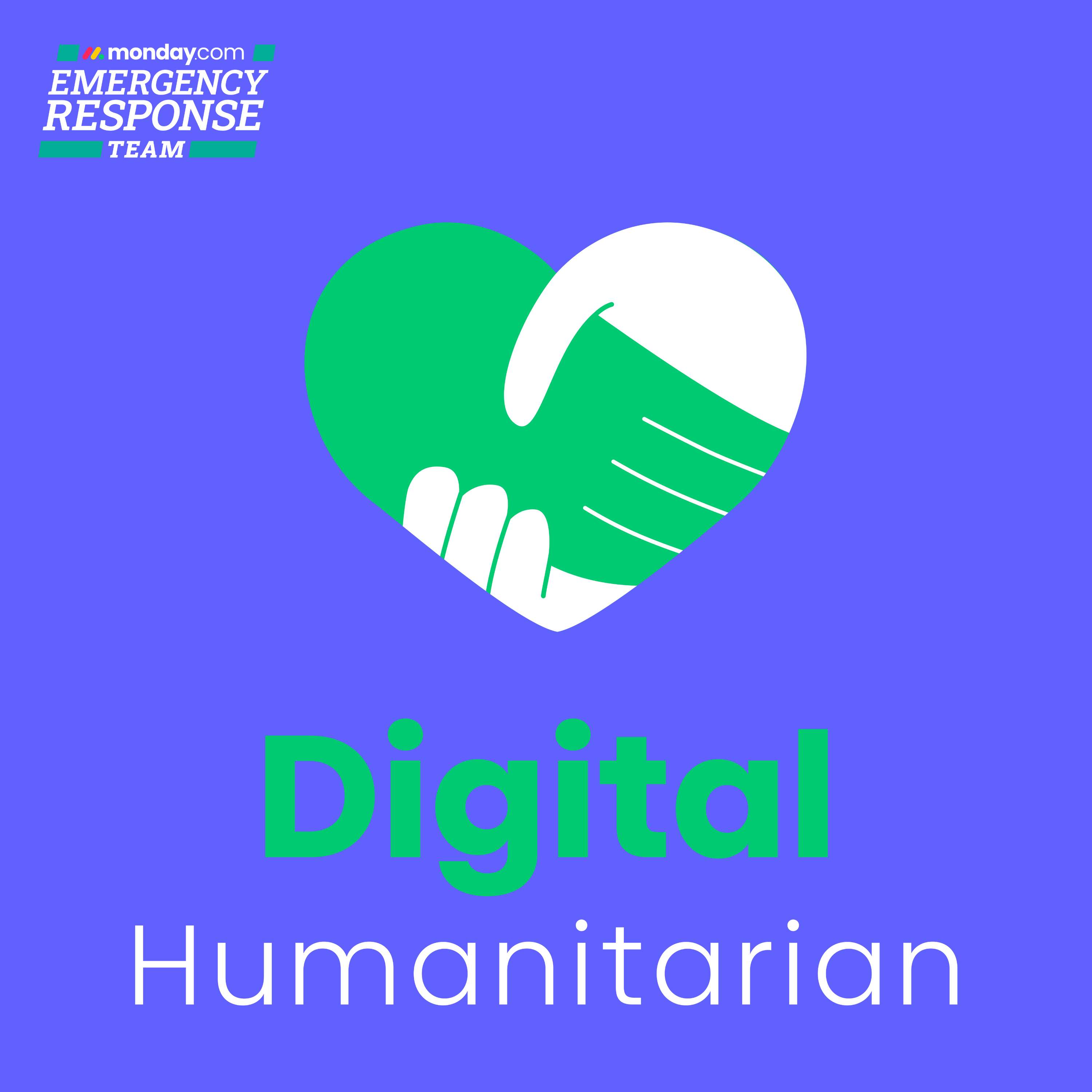Digital Humanitarian

Digital Humanitarian
Podcast Description
Disaster response is at a turning point. Traditional humanitarian tools - paper logs, slow coordination, limited scalability - can’t keep up with the growing scale and pace of global crises.
And as political instability reduces available resources, it's more critical than ever to adopt bold, technology-driven solutions.
Digital Humanitarian takes you to the front lines of disaster relief, where innovation isn't optional - it's saving time, resources, and lives.
Podcast Insights
Content Themes
The podcast covers a range of topics including technology in disaster response, community engagement in humanitarian efforts, and the challenges of coordinating aid in crises. Episodes like the LandLedger pilot project highlight the role of AI and community-led data collection, while discussions around the LA wildfires emphasize the importance of rapid coordination among organizations to house displaced families.

Disaster response is at a turning point. Traditional humanitarian tools – paper logs, slow coordination, limited scalability – can’t keep up with the growing scale and pace of global crises.
And as political instability reduces available resources, it’s more critical than ever to adopt bold, technology-driven solutions.
Digital Humanitarian takes you to the front lines of disaster relief, where innovation isn’t optional – it’s saving time, resources, and lives.
When Hurricane Helene hit early in the morning, six states lost power, fiber lines, and communication. Many communities in western North Carolina were unreachable.
In this episode, Dana Yaari speaks with Patrick Riley, an Emergency Management Specialist for the North Carolina Department of Public Safety. Patrick recounts how traditional radio networks failed and why the lack of communication was the most significant threat in the first 72 hours.
Patrick tells the story of turning to Starlink terminals, private helicopters, and donation radios to reestablish connection with impacted communities, and how these efforts and partnerships filled urgent gaps. He also emphasizes what’s often overlooked in emergencies, listening to what frontline responders actually need and preparing before anything happens.
You’ll learn:
- Why first responders couldn’t reach their own command centers
- How a tech donation from SpaceX altered the response effort
- “Backup plans” often don’t work during disasters
Things to listen for:
(00:00) Welcome to Digital Humanitarian with Patrick Riley
(01:29) What responders saw the moment Helene hit
(03:28) How entire towns lost communication overnight
(04:57) Why backup systems failed during the storm
(06:43) Starlink terminals dropped by helicopter into cut-off areas
(08:56) Coordinating disaster response without reliable comms
(10:10) The double-edged role of social media
(11:46) How the state managed conflicting information
(14:48) Why responders aren’t given what they need
(20:56) The tech tools reshaping search and rescue
(23:30) Patrick’s advice: ask frontline responders what they need
Resources:
- Connect with Patrick
- Learn more about the North Carolina Department of Public Safety
- Connect with Dana
- Learn more about mondayERT

Disclaimer
This podcast’s information is provided for general reference and was obtained from publicly accessible sources. The Podcast Collaborative neither produces nor verifies the content, accuracy, or suitability of this podcast. Views and opinions belong solely to the podcast creators and guests.
For a complete disclaimer, please see our Full Disclaimer on the archive page. The Podcast Collaborative bears no responsibility for the podcast’s themes, language, or overall content. Listener discretion is advised. Read our Terms of Use and Privacy Policy for more details.